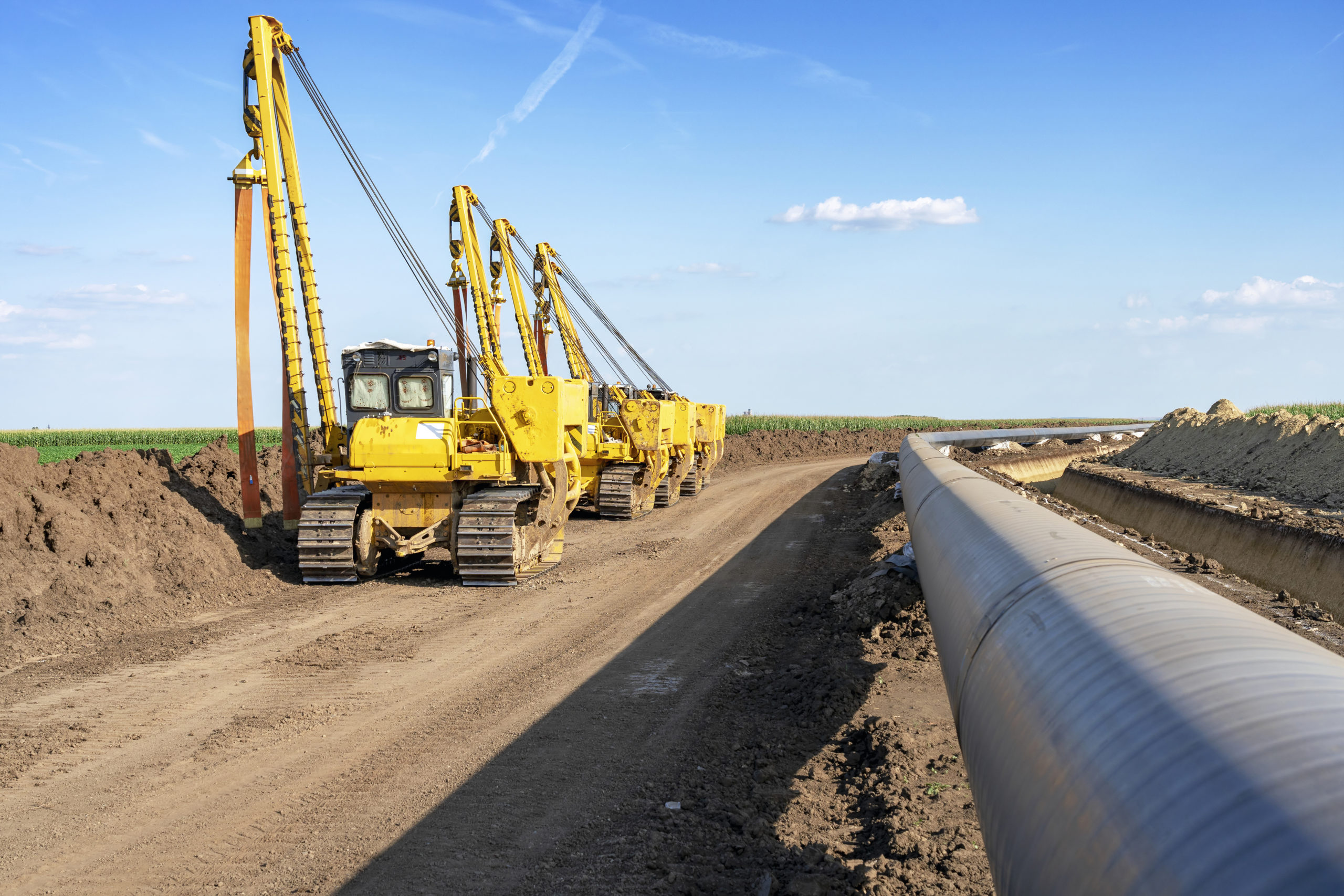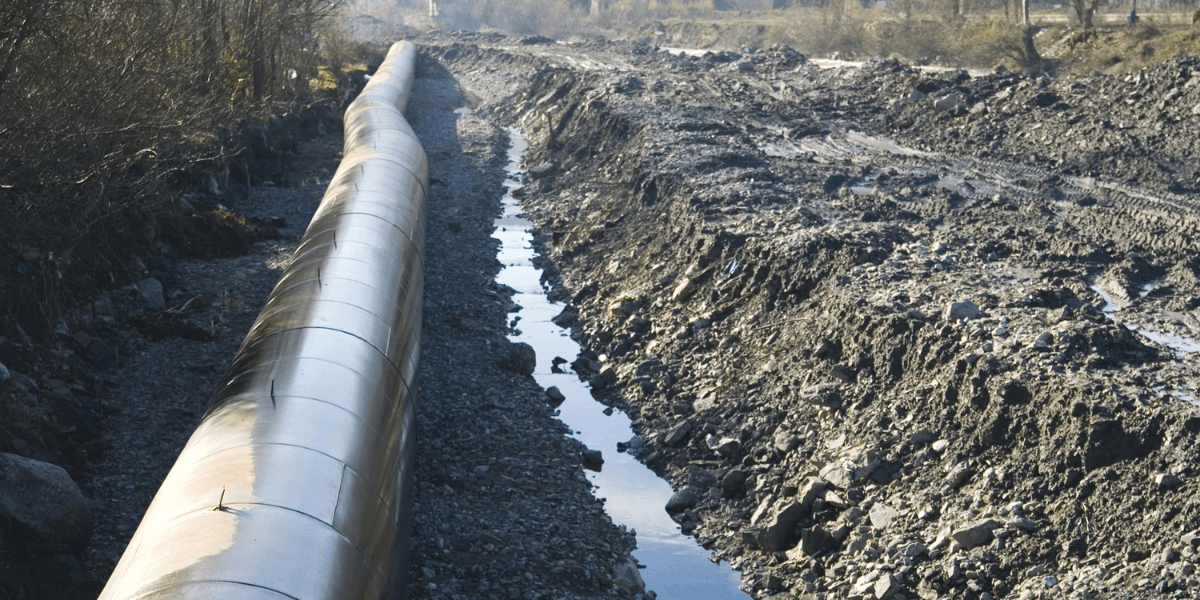Superior rentals squeeze tools: when to use them
Wiki Article
A Comprehensive Overview to the Various Kinds Of Oil Field Equipment and Pipeline Equipment Available
The oil and gas market depends greatly on customized devices for effective extraction and transportation. Different kinds of equipment, from piercing rigs to storage tanks, play important functions in this intricate process. Each piece of equipment offers distinctive functions that add to total functional success. Recognizing these parts is vital for anyone associated with the sector. As the industry evolves, so also do the modern technologies that support it. What advancements are on the horizon?
Drilling Rigs: The Foundation of Oil Exploration
Drilling rigs function as the crucial equipment in the domain name of oil expedition, allowing companies to accessibility hydrocarbon reserves hidden deep beneath the Planet's surface area. These rigs come in different kinds, including land rigs, offshore rigs, and mobile devices, each designed to operate in certain atmospheres. Furnished with advanced modern technology, piercing rigs can pass through geological formations with accuracy, making certain effective resource removal. The architectural stability and functional capabilities of these rigs are critical, as they have to withstand extreme problems and considerable stress. The selection of a drilling rig impacts the overall job price and timeline, making it a crucial consideration for oil companies looking for to optimize their exploration efforts and optimize performance in their procedures.Pumps: Crucial for Fluid Movement
In the oil removal procedure, the role of pumps is considerable, facilitating the motion of liquids throughout different stages of manufacturing. Pumps are important for carrying petroleum, water, and other fluids from underground reservoirs to the surface area and afterwards through pipes to refineries. They can be found in numerous types, including centrifugal, favorable displacement, and submersible pumps, each serving certain objectives based upon the fluid qualities and functional demands. Centrifugal pumps are commonly used for their effectiveness in high-flow applications, while positive variation pumps master taking care of thick liquids. The choice of pump influences total efficiency, functional safety, and upkeep expenses. Appropriate choice and upkeep of pumps are important for enhancing manufacturing and minimizing downtime in oil area operations.Valves: Managing Circulation and Pressure

Shutoffs play a crucial function in handling the circulation and stress of liquids within oil fields and pipelines. Different kinds of shutoffs serve distinctive applications, each developed to accomplish particular functions fundamental for effective procedure - Superior Oilfield Rentals. Comprehending the qualities and usages of these valves is crucial for optimizing system efficiency and security
Sorts of Valves
Important elements in oil area procedures, shutoffs play a vital duty in controlling the circulation and stress of liquids within pipelines and devices. Numerous sorts of shutoffs are used to meet the diverse needs of oil and gas production. Typical kinds include gate valves, which offer a straight-line flow and minimal pressure drop; globe shutoffs, recognized for their strangling abilities; and sphere shutoffs, acknowledged for their fast on/off control. In addition, check shutoffs stop backflow, while butterfly valves use a light-weight solution for controling circulation. Each shutoff kind is developed with specific products and arrangements to withstand the severe problems typically discovered in oil fields, making sure reliability and performance in procedures. Comprehending these kinds is crucial for reliable system administration.Valve Applications and Features
While different sorts of valves offer distinctive functions, their primary applications revolve around regulating flow and pressure within oil and gas systems. Shutoffs such as gateway, globe, and ball shutoffs manage fluid motion, making sure peak performance and safety and security. Gate shutoffs are typically used for on/off control, offering very little circulation resistance. Globe valves, on the other hand, offer accurate circulation guideline, making them suitable for strangling applications. Ball valves are favored for their quick operation and tight sealing capabilities. Additionally, pressure safety valve are crucial for stopping system overpressure, protecting tools stability. In general, the proper selection and application of valves boost functional effectiveness, making certain the reputable transport of oil and gas with pipes and handling facilities.Compressors: Enhancing Gas Transport
Compressors play a critical duty in the reliable transport of gas, making certain that it moves smoothly with pipelines over cross countries. These tools raise the stress of gas, permitting it to get rid of rubbing and altitude adjustments within the pipeline system. In addition, compressors assist in the balancing of supply and need, suiting variations in usage and manufacturing rates. Various kinds of compressors are used in the market, consisting of centrifugal, reciprocating, and rotary screw compressors, each offering distinct benefits based on the functional requirements. Normal maintenance of these compressors is important to make the most of effectiveness and lessen downtime, ultimately adding to a reputable gas transportation network. Their vital feature emphasizes the significance of compressors in the total oil and gas framework.Storage Tanks: Safe and Effective Liquid Monitoring
Effective transport of gas counts on different supporting systems, among which is the appropriate monitoring of storage tanks. These storage tanks play an important role in safely having liquids, ensuring that operational performance is maintained while reducing ecological dangers. Created from durable products, they are created to endure high stress and harsh elements. Appropriately sized and tactically located, storage containers facilitate the smooth circulation of natural gas and various other fluids, protecting against traffic jams in supply chains. Regular maintenance and monitoring are important to detect leakages or structural issues, advertising security repipe specialists near me and conformity with governing criteria. Inevitably, the efficient management of storage containers is critical for the total stability and reliability of the oil and gas industry's liquid handling systems.
Pipeline Systems: Infrastructure for Transport
Pipeline systems work as the backbone of the oil and gas market, assisting in the reliable transport of hydrocarbons over vast distances. These systems contain different components, including pipelines, shutoffs, pumps, and compressors, all diligently designed to guarantee seamless flow. The products utilized in pipeline construction, frequently steel or high-density polyethylene, are chosen for resilience and resistance to corrosion. Pipeline networks can span across land and water, connecting production sites to refineries and distribution. In addition, progressed technology allows real-time tracking of circulation prices and pressure levels, boosting functional performance. The critical placement of these pipes decreases ecological influence while making best use of source ease of access, consequently playing an essential role in conference energy demands internationally.Security Equipment: Making Certain Employee and Environmental Management
The procedure of pipeline systems, while crucial for energy transportation, likewise offers considerable safety challenges for employees and the environment. Security equipment plays a significant duty in reducing these threats. Individual safety tools (PPE) such as safety helmets, handwear covers, and non-slip footwear safeguards workers from physical dangers. Additionally, gas detection systems keep track of for leakages, making sure that damaging substances do not position a risk to workers or the bordering environment. Emergency situation shutdown systems are imperative for promptly stopping procedures during a situation, avoiding possible disasters. Spill containment products, including absorbents and obstacles, are fundamental for reducing environmental impact. In general, purchasing all-encompassing safety tools is critical for preserving operational stability and protecting both workers and the setting in the oil and gas industry.
Frequently Asked Concerns
How Do I Select the Right Oil Field Equipment for My Job?
Selecting the appropriate oil field tools involves assessing task specs, spending plan constraints, and functional requirements. Consider aspects such as devices dependability, compatibility with existing systems, and the supplier's online reputation to ensure peak performance and security.What Are the Upkeep Demands for Oil Field Equipment?
Maintenance requirements for oil area tools include normal evaluations, lubrication, and prompt repairs. Operators ought to additionally adhere to maker standards, monitor efficiency metrics, and assurance compliance with safety laws to boost durability and performance.
Exactly How Can I Ensure Conformity With Environmental Rules?
To assure conformity with environmental laws, companies need to conduct regular audits, implement finest methods, buy training, preserve correct documents, and stay updated on regulation (Superior Oilfield pipeline equipment find here rentals). Cooperation with environmental agencies can also enhance adherence to guidelinesWhat Is the Average Life-span of Pipeline Equipment?
The average lifespan of pipeline tools generally varies from 20 to 50 years, relying on aspects such as worldly quality, ecological conditions, and upkeep techniques. Regular inspections can greatly affect long life and operational performance.Just how Do I Safely Carry Oil Field Equipment to Remote Locations?
Transferring oil field equipment to remote locations needs careful preparation, including course assessment, protecting authorizations, making use of suitable cars, and making sure security protocols are followed. Correct training and interaction amongst staffs are crucial content for effective transport.Report this wiki page